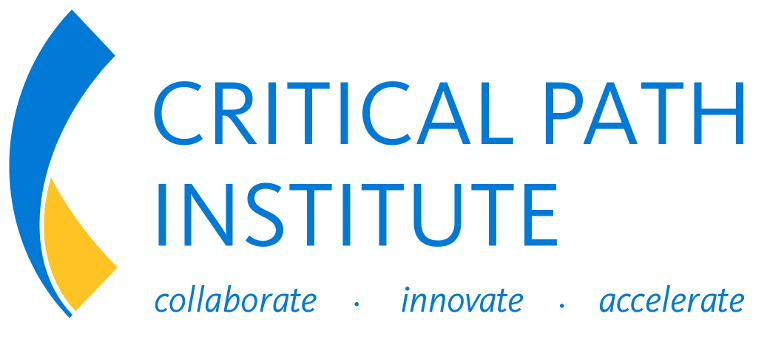FDA and EMA Letters of Support Suggest Valuable Research Potential
TUCSON, Ariz., April 13, 2015 – The Critical Path Institute (C-Path) announced today that both the U.S. Food and Drug Administration (FDA) and the European Medicines Agency (EMA) have issued Biomarker Letters of Support for four skeletal muscle safety biomarkers identified and evaluated by C-Path’s Predictive Safety Testing Consortium (PSTC)’s Skeletal Myopathy Working Group. This is the second time the two agencies have provided a Biomarker Letter of Support to PSTC in the past six months, following FDA and EMA support for the kidney safety biomarkers osteopontin (OPN) and neutrophil gelatinase-associated lipocalin (NGAL).
“This Letter of Support intends to encourage scientists to collect data from exploratory studies, which may lead to qualification of these types of biomarkers,” said Janet Woodcock, M.D., director of the FDA’s Center for Drug Evaluation and Research. “We are optimistic about how this effort will further advance biomarker development.”
The skeletal safety biomarkers – myosin light chain (Myl3), skeletal muscle troponin I (sTnI), fatty acid binding protein 3 (FABP3), and creatine kinase muscle type (CK-M, the homodimer CK-MM) – are proteins that can be measured in plasma or serum. Higher levels of these biomarkers could indicate that skeletal muscle injury is occurring.
“The development of accurate, reliable biomarkers continues to be one of the most productive methods of aligning and streamlining the research and regulatory processes,” says C-Path President and CEO Martha A. Brumfield, PhD. “The support of these skeletal muscle safety indicators by the FDA and EMA is an encouraging development in the PSTC’s larger mission of facilitating scientific validation and regulatory qualification of novel safety biomarkers.”
Each agency’s Letter of Support for Myl3, sTnI, FABP3, and CK-M is intended to encourage the biomarkers’ use in both nonclinical and exploratory clinical studies as markers of skeletal muscle injury. Combined FDA and EMA support indicates that these biomarkers have strong potential for use in humans and warrants additional exploration and gathering of data. With this milestone, work will continue in earnest on the qualification of Myl3, sTnI, FABP3, and CK-M for use in clinical trials.
Letters of Support for these skeletal muscle biomarkers are posted on the FDA DDT website and the EMA website, and can also be accessed via the C-Path PSTC website, along with a summary data package describing the studies that support the use of these kidney safety biomarkers.
About the Critical Path Institute
The Critical Path Institute (C-Path) is an independent, nonprofit organization established in 2005 with public and private philanthropic support from the Arizona community, Science Foundation Arizona, and the U.S. Food and Drug Administration (FDA). C-Path’s mission is to catalyze the development of new approaches that advance medical innovation and regulatory science, accelerating the path to a healthier world. An international leader in forming collaborations, C-Path has established seven global, public-private partnerships that currently include more than 1,000 scientists from government and regulatory agencies, academia, patient advocacy organizations, and dozens of major pharmaceutical companies. C-Path is headquartered in Tucson, Arizona. For more information, visit www.c-path.org.

